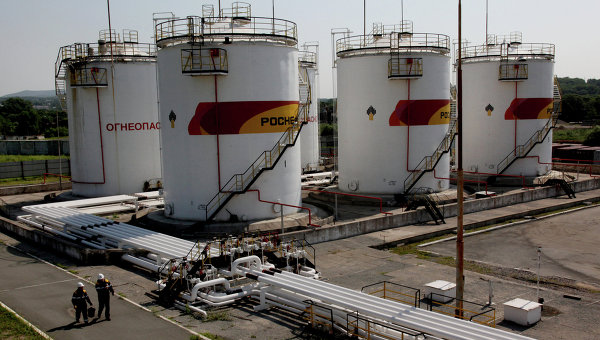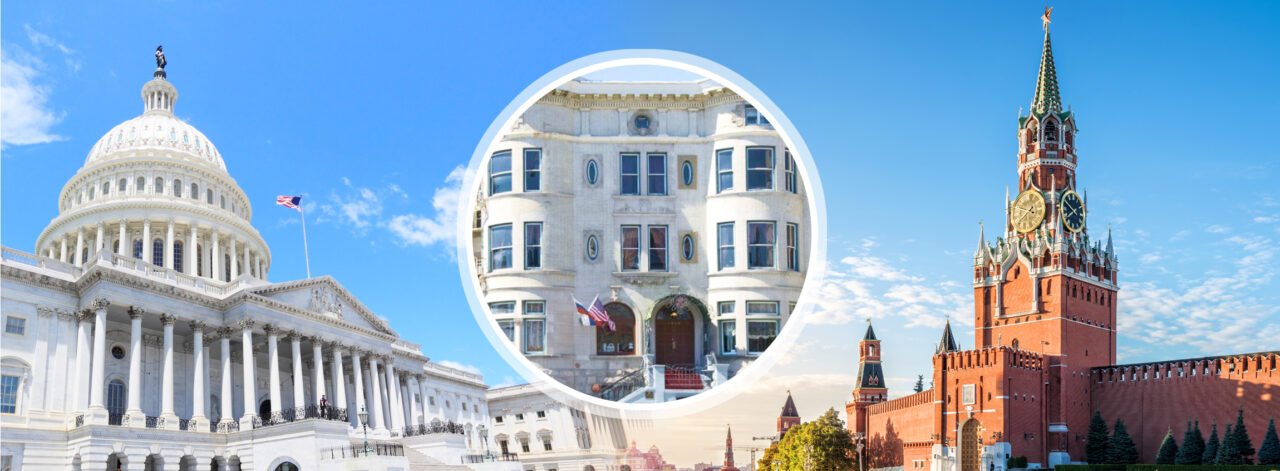
 The head of Russia’s state-owned energy giant Rosneft has called for a large reduction in the tax burden on the oil industry, Vedomosti newspaper reported Monday, in a move that could increase friction with the government.
The head of Russia’s state-owned energy giant Rosneft has called for a large reduction in the tax burden on the oil industry, Vedomosti newspaper reported Monday, in a move that could increase friction with the government.According to Vedomosti, Kremlin heavyweight and Rosneft CEO Igor Sechin said in a presentation that oil companies’ tax base should be cut from 55 percent to 35 percent to stimulate new investment and generate a windfall of up to 6 trillion rubles ($180 billion) for the state budget by 2030.
But the Vedomosti report also suggested that this proposal would be unlikely to get a warm welcome from the Russian government, which faces a potential 1 trillion ruble ($30 billion) budget shortfall this year and would, therefore, be reluctant to sacrifice tax revenues.
"Considering the uneasy budget situation, we expect the proposal to run into fierce opposition from the Finance Ministry,” Sberbank CIB analysts said in a research note Monday.
There is a history of disagreement between Sechin, who oversaw Rosneft’s transformation into the world’s largest publicly listed energy company through its acquisition of privately-owned TNK-BP last year, and Prime Minister Dmitry Medvedev’s cabinet.
Arkady Dvorkovich, who oversees the energy sector in the government, is an advocate of privatization and reduced state interference in the strategic industry.
Last week Medvedev fired Alexander Popov, the head of Rosnedra, the agency that awards licenses to develop natural resources. Popov, who worked under Sechin when he was deputy prime minister, is considered to be a close ally of the Rosneft CEO.



_jpg/250px-ElbeDay1945_(NARA_ww2-121).jpg)







